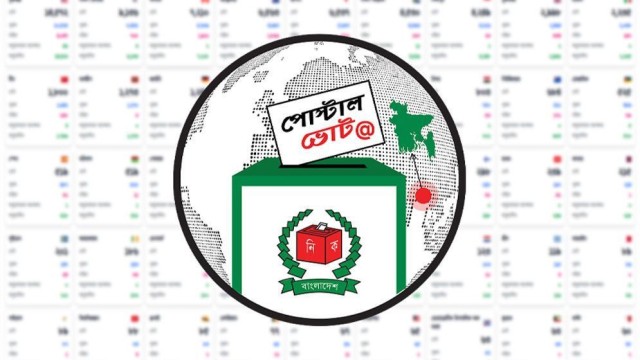Hili, July 14 (V7N) – After a six-month halt, Bangladesh has resumed the export of goods to India through the Hili land port, starting with mango juice. This development has rekindled hope among port officials and exporters, who had been facing an extended period of trade stagnation.
Export activities through this second-largest land port came to a standstill in January 2025, following India's imposition of a 25 percent regulatory duty on unrefined rice bran oil. The last recorded export of rice bran oil from Hili was on January 16. Since then, outbound trade slowed dramatically due to rising Indian restrictions and logistical bottlenecks.
Recently, Bangladesh began exporting 11,650 kg of mango juice, with four consignments already dispatched. This marks a significant restart for trade through the port. Port authorities expressed optimism that this move could pave the way for broader export opportunities if properly supported.
However, challenges remain. 29 tons of betel nut, initially cleared for shipment, could not be exported as India lacks a necessary inspection laboratory across the border. As a result, the bill of entry was canceled. Similarly, 120 tons of unrefined rice bran oil, valued at around USD 126,000, remains stranded at the port, with no immediate clarity on when the ban will be lifted.
Historically, Bangladesh exported various items such as jute cloth, plastic crates, and rice bran oil through Hili. But growing reluctance from Indian traders to import Bangladeshi products has sharply reduced export volumes.
Import trade through Hili remains active, particularly for essential daily commodities coming in from India. However, exporters are urging the government to step up diplomatic and logistical support to ensure balanced trade operations through the port.
Local exporters and businesses have appealed for enhanced cooperation and facilitation to overcome technical and regulatory barriers that are hampering the port’s full potential.
"Export trade must be prioritized alongside imports. Without support, small traders will not survive," said one exporter, highlighting the fragile state of cross-border commerce at Hili.
END/RH/AJ































Comment: